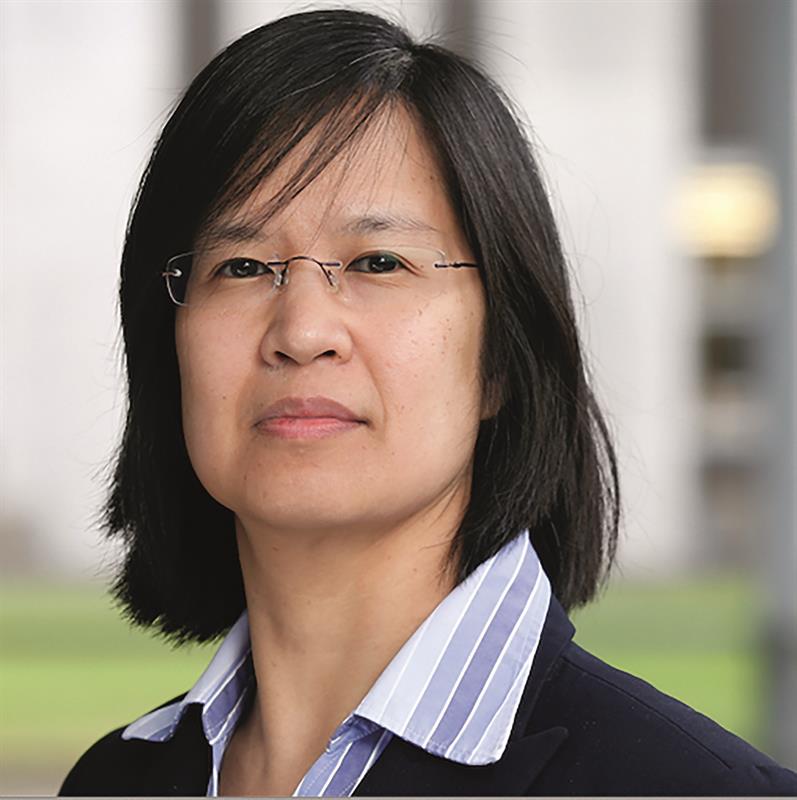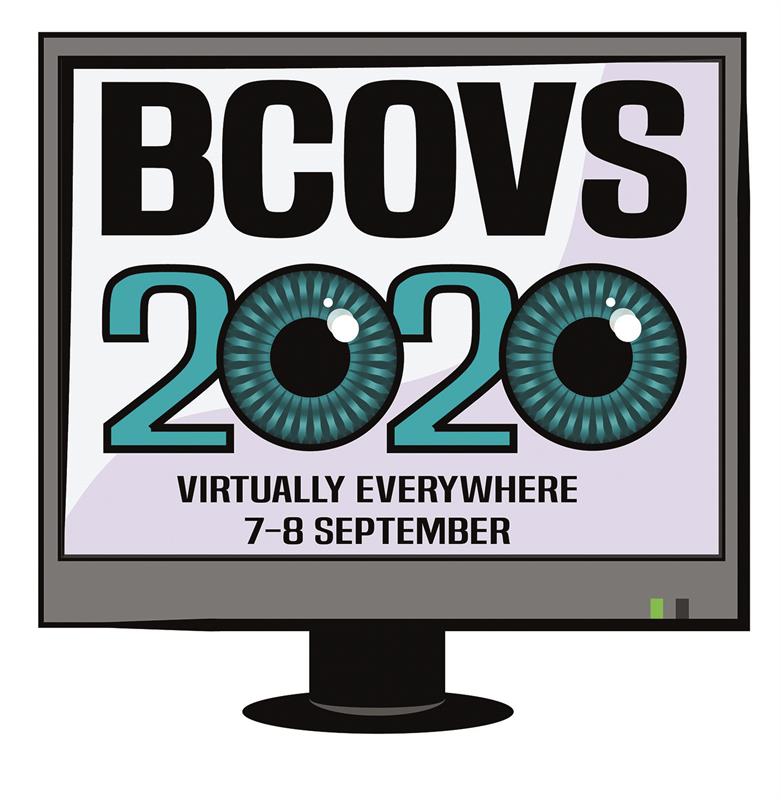
The Optometry Schools Council (OSC) was formally established in 2018. Its aim is to represent the collective views of UK Optometry Schools.
History
The antecedent of the OSC was the British Universities Committee on Optometry (BUCO). The last chair of BUCO, Dr Jim Gilchrist (Bradford), was pivotal in the move towards changing the organisations’ name and putting it on a more formal footing. Will Holmes (Manchester University, figure 1) took over as chair in September 2018 and coordinated the adoption of a constitution and agreed terms with the College of Optometrists to provide a secretariat. Professor Joy Myint (University of Hertfordshire, figure 2) is currently chair-elect and is due to take up her position in October 2022.
Who We Are
All active UK optometry programmes are members of the OSC, with the current heads of individual schools and departments usually attending as the representative. The council meets at least monthly during the academic year.
 What We Do
What We Do
The OSC aims to be the principal source of opinion and advice on optometric education. Recently, this has involved working closely with the College of Optometrists (CoO) and General Optical Council (GOC) to provide a framework to allow students to graduate and progress during the Covid-19 pandemic.
We have also undertaken substantial work in informing the GOC’s Education Strategic Review, including co-commissioning work to determine at what academic level optometric qualifications should be at to merit registration. In partnership with the CoO and the Association of British Dispensing Opticians (ABDO), the OSC was commissioned by the GOC to set up the Sector Partnership for Optical Knowledge and Education (SPOKE). Two projects have now been completed by SPOKE. The outputs of both are designed to help programmes to implement the new GOC education requirements.
British Congress of Optometry and Vision Science
Another important OSC aim is to provide a forum for researchers and educators to exchange ideas. One key way we do this is via our annual conference; the British Congress of Optometry and Vision Science (BCOVS). The conference rotates to a different optometry school each year, with Aston University hosting in September 2022. This will be our first in-person gathering since 2019, Aston hosting online virtual events in 2020 and 2021 because of the pandemic.
BCOVS provides a friendly and supportive environment for colleagues to share and discuss their work. Presentations and posters usually focus on vision science and clinical research, but over the past four years optometric educators have been encouraged to share and present their work. In the most recent assessment of research impact at UK universities (REF 2021, which can be viewed at www.ref.ac.uk), optometry and vision science was singled out within allied health care as ‘thriving’.
Professor David Whitaker (Cardiff University and REF panel member) and Professor Shahina Pardhan (Anglia Ruskin University) said: ‘Optometry/Vision Science research was submitted to Unit of Assessment 3 in REF2021 (Allied Health Professions, Dentistry, Nursing and Pharmacy).
‘To give a sense of scale of the assessment exercise, 90 higher education institutions submitted work to this unit, involving almost 5,000 researchers and over 11,000 publications for the panel to evaluate. Optometry was one of 14 allied health professions included, and was singled out among these as “thriving” in terms of the quality of its research, with world-leading activity in many areas ranging from the global prevalence of eye disease through to hypothesis-rich psychophysical investigations of visual function. Evaluations of specific interventions for patient benefit were particularly strong.
'This reminds us of the relative maturity of optometry research in comparison with other professions, and is a fitting testament to the pioneering vision researchers of the past whose work contributed such a strong foundation for the quality of optometric research in the present-day. These results strongly suggest that optometry research should be given all the support it needs for this level of achievement to be sustained and increased for the future,’ he added.
OSC Clinic Lead Committee
Another recently established forum is the OSC Clinic Lead Committee, chaired by Dr Alison Alderson (Bradford University), which provides an opportunity for those leading clinical teaching to share ideas and best clinical teaching practice.
Why Are We Important?
All optometrists have a stake in the training of future practitioners; who will be the colleagues they work with and the individuals they employ. The new GOC education requirements will also see changes in practice-based learning, which optometrists who supervise trainees will want to stay abreast of and influence.
Practitioners also have a vested interest in the research being carried out at OSC institutions, which is likely to inform and influence future clinical practice.
 Where Can I Find Out More?
Where Can I Find Out More?
For those seeking further information the best place to start is the OSC website here. This contains further detail on the aims of OSC, member contacts and the clinical lead committee. Links to the SPOKE projects can also be found there along with contact details for those wishing to support the work. Full details of BCOVS conferences, registrations and abstracts can also be found on the OSC website. We welcome attendance by anyone interested in optometry and vision science research and education.
